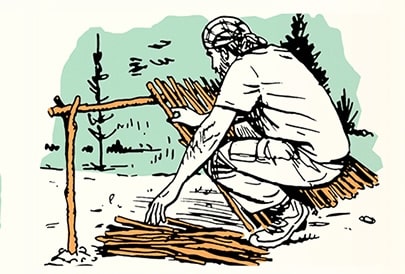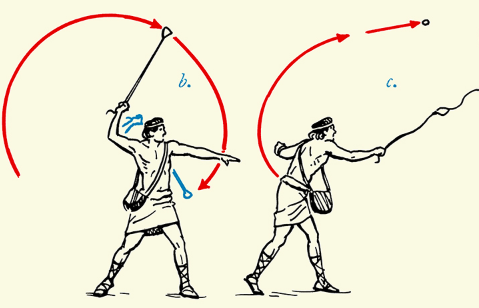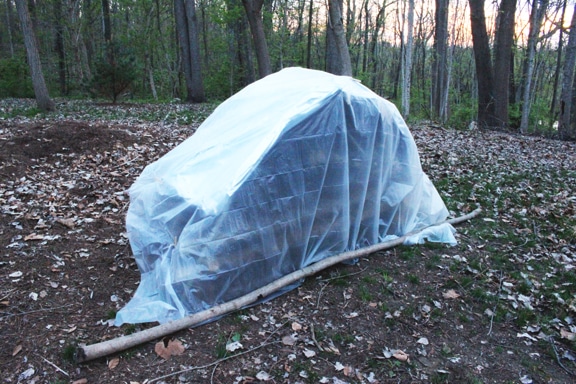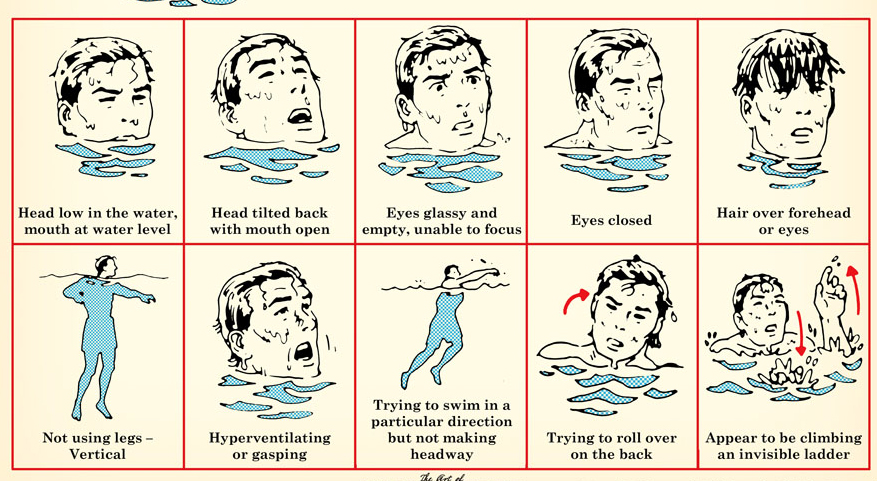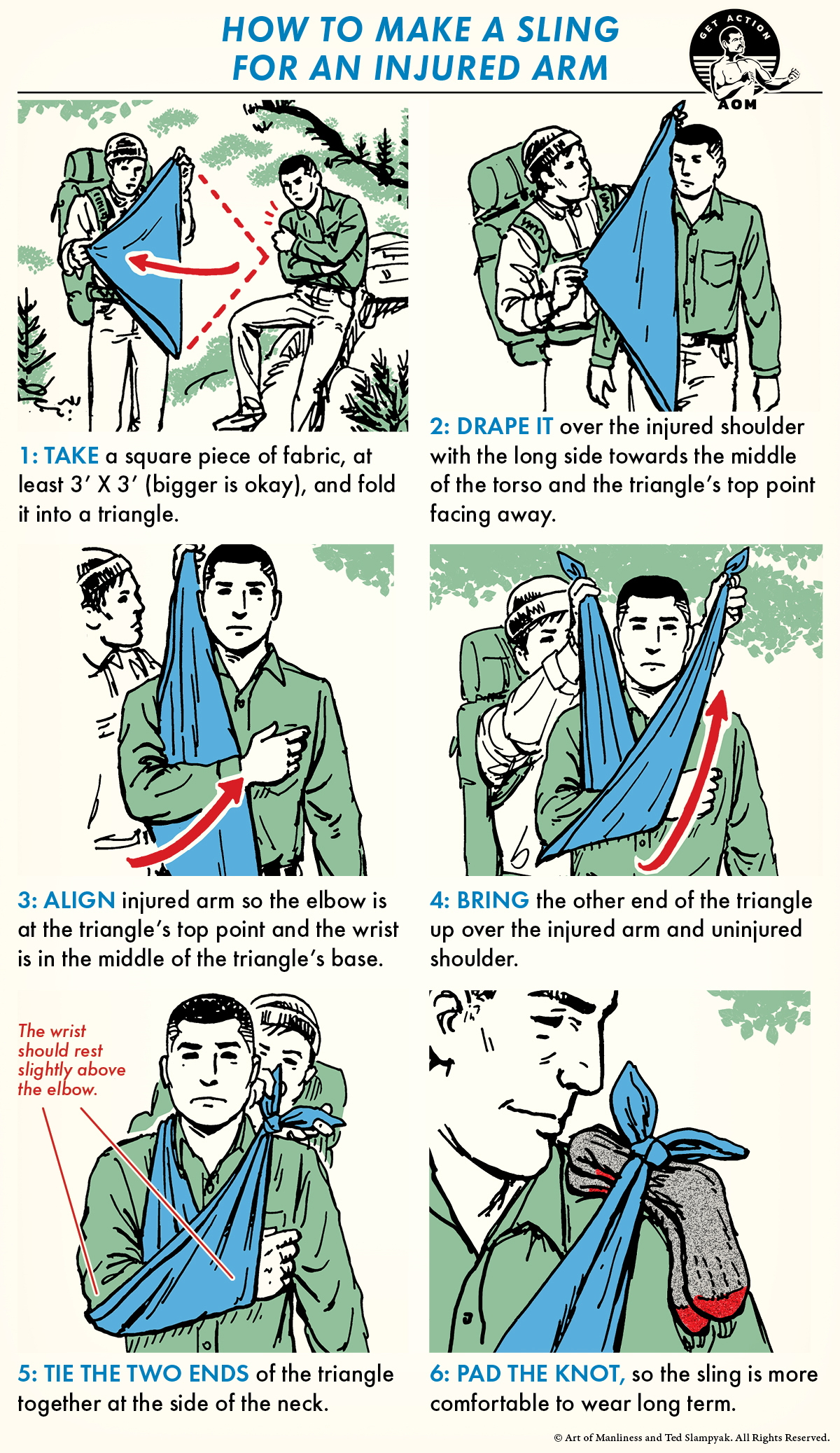
Picture yourself in the backcountry, scrambling over some boulders at the end of a long hike to reach an alpine lake. As you pull yourself over the last rocky ledge, your foot slips on a loose rock, and you tumble backward, crashing into the ground below. As you collect yourself, you can already feel that something is very wrong with your shoulder. It’s dislocated.
As far as injuries go, shoulder dislocations are relatively common for outdoor adventurists. The good news is that dislocations are often easy to treat once you’re in a medical professional’s trained hands. But, until that moment, they are exceptionally painful, especially if you don’t have a way to keep your arm still. That’s where a sling comes in.
The purpose of a sling is to keep your arm immobilized, which is necessary for a shoulder dislocation. They’re also good for fractures, if used in conjunction with a splint. Slings are typically made out of large fabric pieces, but you can make them out of a shirt, towel, or even something like a tent’s rainfly. No matter what material you use, the technique is the same.
Like this illustrated guide? Then you’re going to love our book The Illustrated Art of Manliness! Pick up a copy on Amazon.


